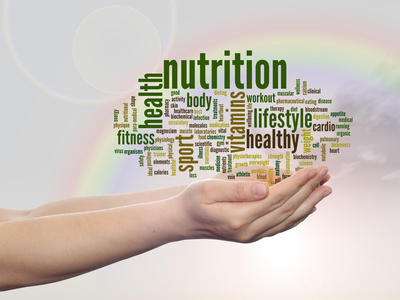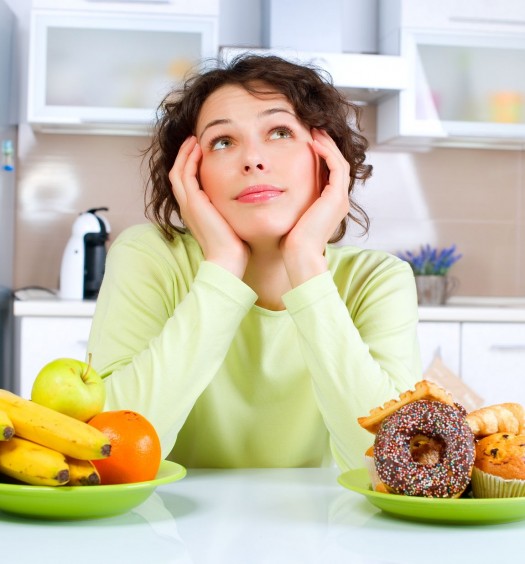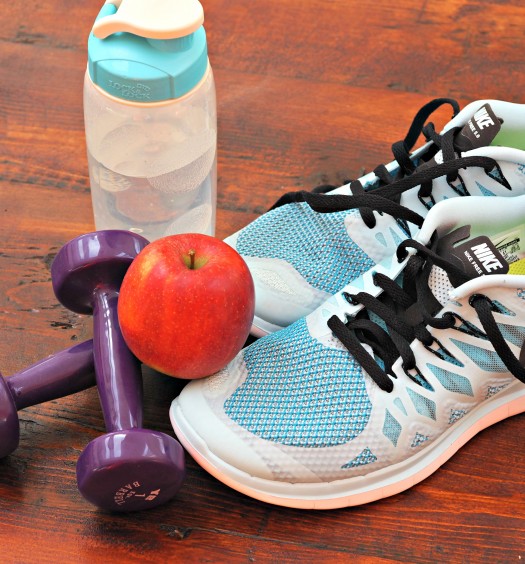Practically everyone we see in our clinic talks about lack of energy and feeling tired all the time. This will probably get worse when the kids break up leaving parents trying to juggle work with constantly famished kids constantly trashing the house – ok maybe that’s just me and my kids but it’s so easy to become run down when kids are off school and it’s so tempting to use stimulants such as caffeine and sugar just to get by.
Nutrition can have profound effects on our energy levels – our food choices can leave us with soaring energy levels or feeling totally wiped out. Here are our top tips to boosting energy naturally…
Balance your blood sugar levels
Unstable blood sugar levels can lead to low energy, fatigue, food cravings, low mood, irritability and so much more. We’ve a guide to keeping sugar levels stable here, but essentially avoid refined and processed foods (white bread, white rice, pasta and many cereals). Instead switch to wholegrains and always combine carbohydrates with protein as this helps slow the rate at which sugars enter the bloodstream. Fruit juices and commercial smoothies are often loaded with sugar. A better alternative is a homemade smoothie that includes vegetables and some protein such as yogurt, nuts and seeds.
Boost B vitamins and magnesium levels
Lack of energy can be caused by a lack of key nutrients. The main source of energy in our cells is ATP but it needs to be bound to magnesium in order to be active. Magnesium is needed for over 300 processes, if you’re deficient in magnesium, these processes can’t happen and you feel exhausted.
Increase magnesium rich foods such as dark green leafy veg, nuts and seeds or try Epsom salt baths or supplements.
B vitamins are also critical to energy levels and helping us deal with blood sugar imbalances, stress and anxiety. Studies have shown a deficiency in B vitamins (particularly B6, folate and B12) can be linked to fatigue. Although there are lots of good food sources of B vitamins, B12 is predominantly found in meat, fish and eggs so vegetarians and vegans may need to keep an eye on their levels.
The best sources are meat, poultry, fish, dairy, eggs, whole grains such as oats, brown rice, rye, barley, quinoa, spelt, buckwheat, almonds, beans, green leafy veg, asparagus and broccoli.
Hydration
Even a small drop in fluid balance can sap our energy. We know that dehydration can be confused with hunger, but it can also make us feel fatigued and even slight dehydration can make us lethargic. If you’re feeling thirsty its already too late. Water is by far the best but if you are looking to jazz it up a bit try our infused water recipes.
And although its tempting to drink alcohol, especially when the kids are off school, this can lead to further dehydration and also interferes with deep sleep – the kind that we need to feel fully rested so even if you think you’ve had 8 hours, you can still feel exhausted. Cutting down on alcohol can help you get a better night’s rest resulting in more energy.
Manage stress
When we’re chronically stressed, our adrenal glands become overworked pumping out cortisol and other stress hormones. This not only whacks blood sugar out of balance, but also leads to a ‘crash’. For many of us this is happening day after day and we just feel wiped out. The worst thing we can do is to reach for stimulants such as caffeine, alcohol and sugary ‘treats’ to pick us up. The short-term spurt of energy they provide is followed by an even bigger crash and we become trapped in a cycle of needing more stimulants to bring us back up.
We can’t physically run away from our problems but we can try to change the way we perceive things. Easier said than done but there are certain herbs that can help with this process, allowing us to step back from chronic stress and implement changes to our lifestyles. We’ve written about them in detail in our article Tired but wired.
Increase iron
Feel like napping all the time, and generally fatigued? An iron deficiency may be the culprit – it’s of the most common causes of fatigue. Iron is essential for energy as it’s used to transport oxygen to your tissues. The best source of iron is red meat but it’s also found in dried beans, dried fruits, egg yolks, oysters, salmon, tuna, almonds, brazil nuts, broccoli, spinach, kale, asparagus, rice and oats.
But iron from veg, fruits and grains are harder for the body to digest, so ideally mix some lean meat, fish or poultry with beans or leafy veg to improve the absorption by three times. Foods rich in vitamin C (citrus, kiwi, strawberries, tomatoes and potatoes) also increase iron absorption so adding some to each meal can help us utilize more. Avoid drinking tea around meals as this can bind to the iron so we cannot use it.
And finally get outside
There are numerous reasons why spending time outdoors can increase energy levels. It not only increases our vitamin D levels but also serotonin, our feel-good neurotransmitter. Plus exercising, no matter how tired you may be feeling, increases energy levels in the long run.
If you’ve tried all of the above and are still feeling overly tired, there could be an underlying imbalance such as a thryoid dysfunction which may be the cause. A certified Nutritional Therapist will be able to run tests and offer a unique protocol to support you individually.
We hope you enjoy this blog post, let us know your thoughts in the comments below or on social media – we’re on Twitter, Facebook, Instagram and Pinterest. And don’t forget to sign up to our newsletter to receive a monthly update of our recipes, nutrition tips and expert advice.






